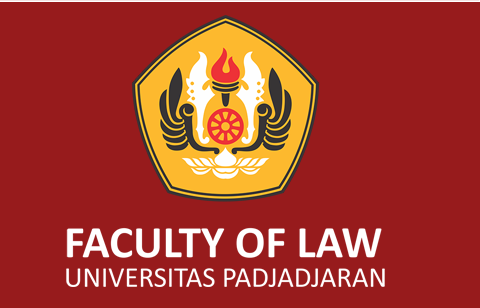Abstract
Prophetic law is an ancient legal framework rooted in divine commandments, such as God's Ten Commandments to Moses, as well as Christian and Islamic laws, nowadays commonly referred to as religious law. The meaning of prophetic law is religious law from Abrahamic religions. Particularly, Christian law has significantly influenced Western civilization, with its impact extending to regions like South Africa besides customary law. Similarly, Islamic law has also left a lasting impression on Indonesia's legal system besides customary law. This article employs a comparative law method to analyze the constitutions of Indonesia and South Africa, focusing on the legalization of prophetic laws in both countries. The research reveals that while the formation of prophetic laws in Indonesia and South Africa shares a common foundation in the anti-colonial spirit, the two nations differ in their approaches to legal development. In South Africa, public participation plays a more prominent role, with citizens having the ability to submit petitions to propose or repeal laws. In both countries, the recognition of prophetic law is explicitly enshrined in their constitutions. However, a commonality exists: the dominance of the positivist legal school in the process of legalizing prophetic laws. In both Indonesia and South Africa, prophetic and customary laws must be codified into formal legislation to be considered valid and enforceable.
Recommended Citation
Wardiono, Kelik; Budiono, Arief; Rochman, Saepul; and Sybelle, Jan Alizea
(2025)
"Prophetic Law in Indonesia and South Africa: A Comparative Constitutional Study on the Integration of Religious Law into Legal Systems,"
Padjadjaran Jurnal Ilmu Hukum (Journal of Law): Vol. 12:
No.
2, Article 6.
Available at:
https://journal.unpad.ac.id/pjih/vol12/iss2/6
Included in
Comparative and Foreign Law Commons, Criminal Law Commons, International Law Commons, Rule of Law Commons










